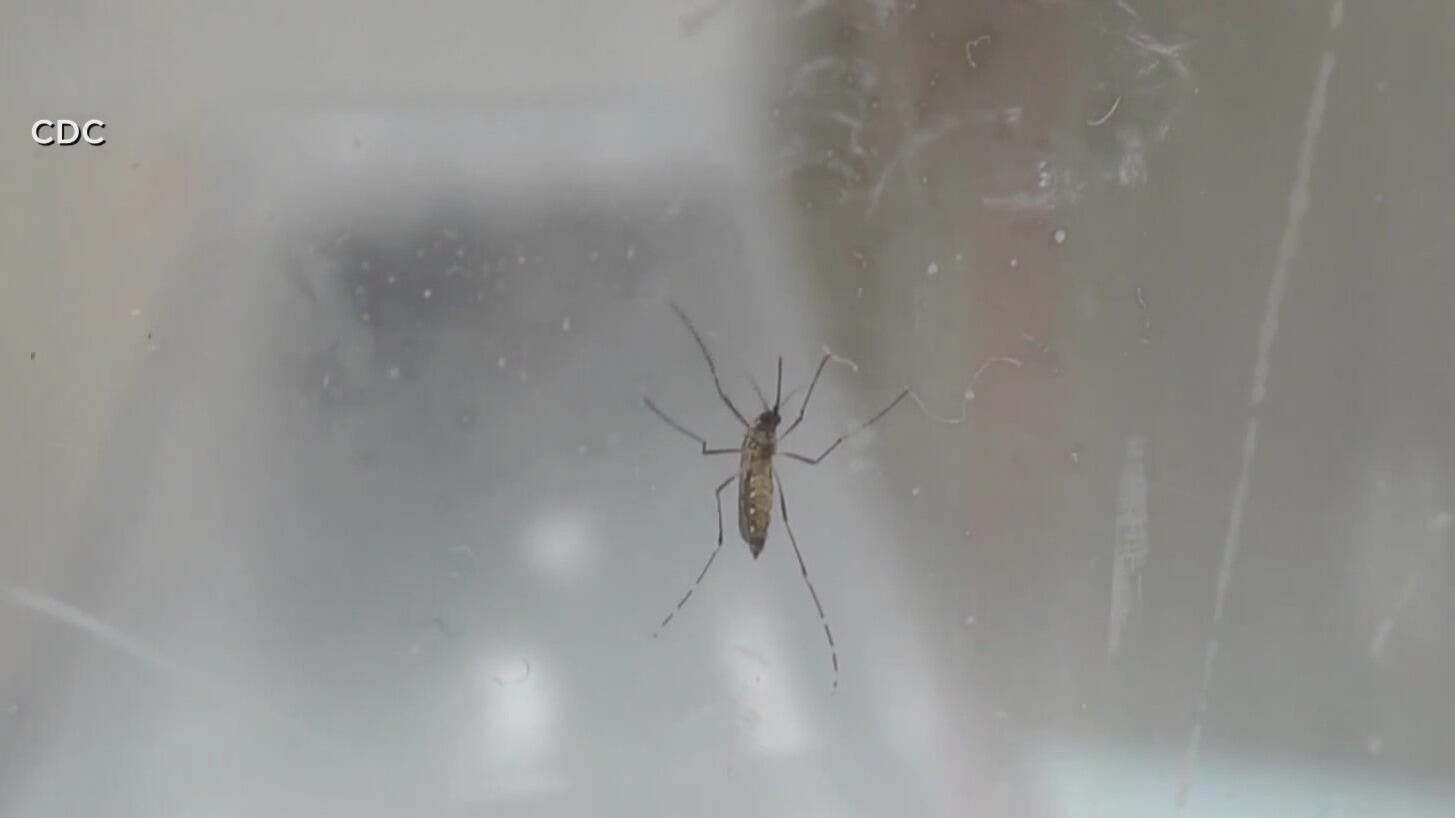Pittsburgh wildlife center sees uptick in birds showing signs of West Nile virus
As West Nile virus continues to be a concern in the Pittsburgh area, wildlife rehabbers are seeing an uptick in sick birds.
Within the last few weeks, Humane Animal Rescue of Pittsburgh's Wildlife Rehabilitation Center has been seeing a lot of birds showing signs of West Nile virus, including birds of prey and even a crow.
"The common ones of red-tailed hawks, we got in quite a few of them. A few great horned owls that were symptomatic. We did even get an American kestrel, all very young, seemingly young birds that were coming in," said Katie Kefalos, director of wildlife rehabilitation for HARP.
Kefalos said young birds don't have a strong immune system, so it's hard for them to fight the virus.
"We do see a lot of neurological symptoms, lethargy, they come in really thin. And most of the time, they do have parasites," she said.
Mosquitos become infected with West Nile when they bite infected birds. West Nile is transmitted through the bite of infected mosquitoes. Kefalos said there's no treatment for the virus, so they provide full-on supportive care.
"Heat support if they're really emaciated, fluids, most of the time they're pretty dehydrated," she said.
They're trying their best to help the birds recover so they can fly free again in the wild. She says some kick the virus, but many don't.
"We have seen quite a few pass from what we are assuming is West Nile virus," said Kefalos.
So, what can we do to help protect wildlife and humans from the West Nile virus? Use safe mosquito repellents and, most importantly, get rid of standing water.
"It's really simple, you know, making sure you don't have any stagnant water just lying around," she said.
That includes bird baths.
"They are a potential for a breeding site for mosquitoes, and there are a few songbird species that are affected, and they can be transmitters," she said.
HARP sends the dead birds to the Wildlife Futures Program at the University of Pennsylvania, which conducts testing and research. If you find a sick or dead bird, reach out to HARP's wildlife center at 412-345-7300 or your local wildlife center for advice.
You can also report dead birds to the Pennsylvania Game Commission at 833-742-4868.
The Centers for Disease Control and Prevention said there's no evidence that a person can get infected from handling infected birds.
